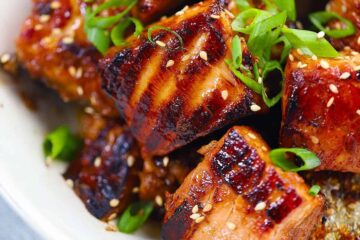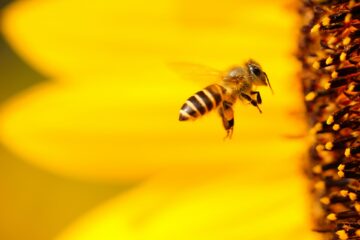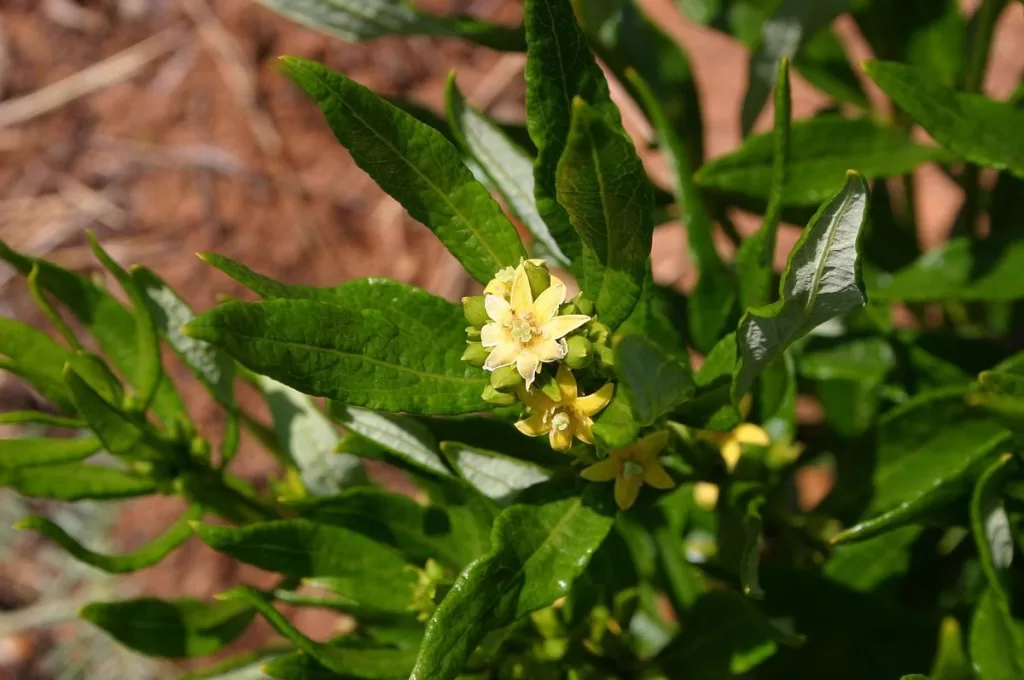
Introduction
In the realm of natural treatments and nutritional supplements, Fadogia Agrestis garners attention as a captivating plant with a notable heritage of traditional use and burgeoning scientific interest. The indigenous plant from West Africa, namely Nigeria, has been traditionally used in regional medical customs due to its alleged aphrodisiac and anti-inflammatory attributes. In recent times, Fadogia Agrestis has garnered recognition as a plausible enhancer of testosterone levels, drawing interest from athletes, bodybuilders, and others aiming to augment their general health and well-being.
Traditional Uses and Potential Benefits
For decades, traditional healers in West Africa have used Fadogia Agrestis as a means to boost sexual performance and manage issues related to erectile dysfunction. The stems and leaves of the plant are often subjected to a drying process and then pulverized into a fine powder. This powder is then ingested as an oral decoction or used in the formulation of topical treatments. Moreover, Fadogia Agrestis has historically been used for the treatment of several afflictions, including malaria, fever, and inflammatory disorders like arthritis.
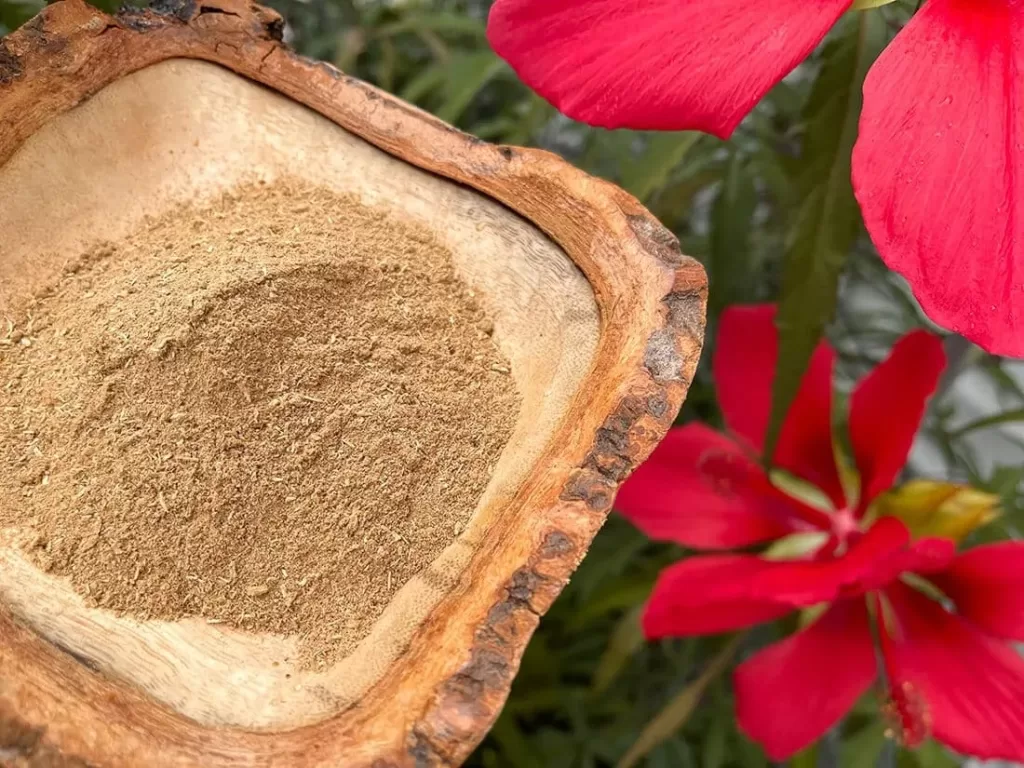
The presence of scientific evidence and the Ongoing research
Although Fadogia Agrestis has been traditionally used for many purposes, the extent of its potential advantages is still constrained by a lack of comprehensive scientific investigation. Research examining the effectiveness and safety of the plant is now in its nascent phase, necessitating more robust clinical studies to comprehensively comprehend its prospective medicinal uses.
The Potential of Testosterone Enhancement
A significant field of scholarly investigation pertaining to Fadogia Agrestis is its ability to enhance testosterone levels. Testosterone, the principal hormone associated with male physiology, assumes a pivotal function in the regulation of muscular growth, strength, sexual desire, and general well-being. As individuals progress in age, there is a natural drop in testosterone levels, which in turn leads to a range of symptoms including less sexual desire, increased tiredness, and loss of muscle mass.
Numerous animal studies have shown that Fadogia Agrestis has the potential to enhance testosterone production via the activation of Leydig cells located in the testes, which are responsible for the synthesis of testosterone. Nevertheless, more research with human subjects is required to validate these results and determine the most effective dose and potential long-term consequences of supplementing with Fadogia Agrestis.
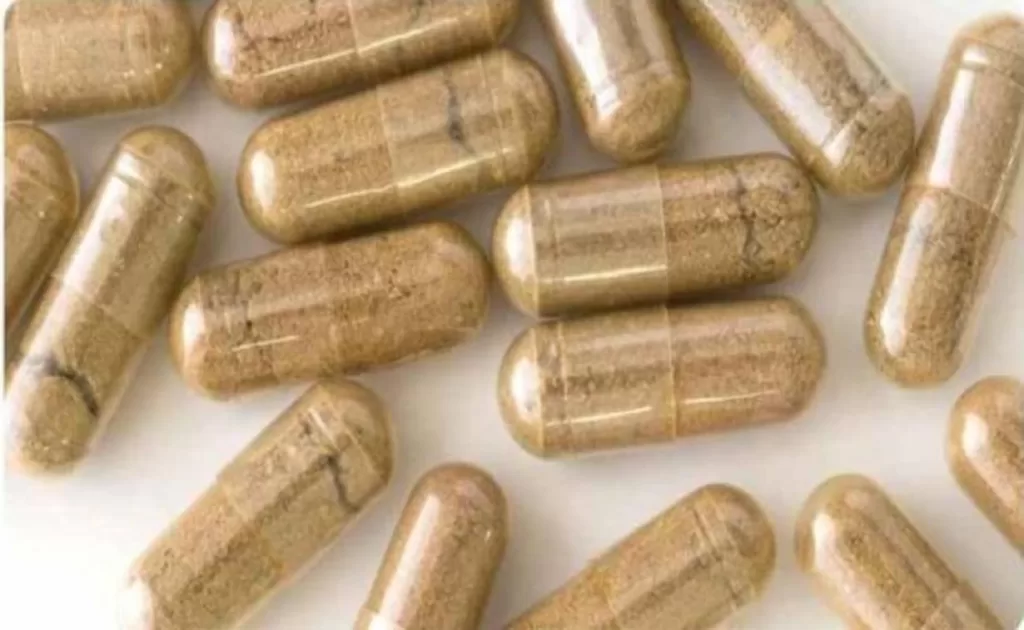
Commercial Success and Growing Popularity
The phenomenon of achieving commercial success and experiencing a surge in popularity has been a subject of much interest and analysis in several fields. The ability to get widespread recognition and generate significant financial gains has long been a goal for individuals, businesses, and organizations alike.
Despite the paucity of empirical proof, Fadogia Agrestis has garnered substantial attention as a nutritional adjunct for the purposes of bodybuilding and holistic well-being. The plant’s purported capacity to increase testosterone levels and augment sexual function has stimulated a significant demand, especially among male individuals aspiring to enhance their athletic performance and general vitality.
An exemplary instance of the business triumph of Fadogia Agrestis is its noteworthy sales performance on the e-commerce platform, Amazon. The Fadogia Agrestis capsules from a particular brand create a monthly revenue of around $108K on Amazon, indicating a significant level of customer demand for this natural supplement.
The Meta Trend of Testosterone Supplements
Fadogia Agrestis is representative of a wider phenomenon within the supplement business sometimes referred to as “testosterone supplements.” The aforementioned meta trend signifies an increasing recognition of the diminishing levels of testosterone in males and the corresponding health-related apprehensions. The available body of research indicates a consistent decline in testosterone levels in males over the course of recent decades. This downward trajectory is expected to persist, primarily influenced by variables like the natural aging process, exposure to environmental elements, and individual lifestyle choices. (Searches for “testosterone supplements” have increased by 74% over the past five years).
The fall in testosterone levels has prompted a growing number of men to explore natural methods of enhancing their testosterone levels, thus generating a heightened demand for products that claim to raise testosterone. Fadogia Agrestis, due to its alleged capacity to augment testosterone synthesis, unequivocally belongs to the category of dietary supplements.
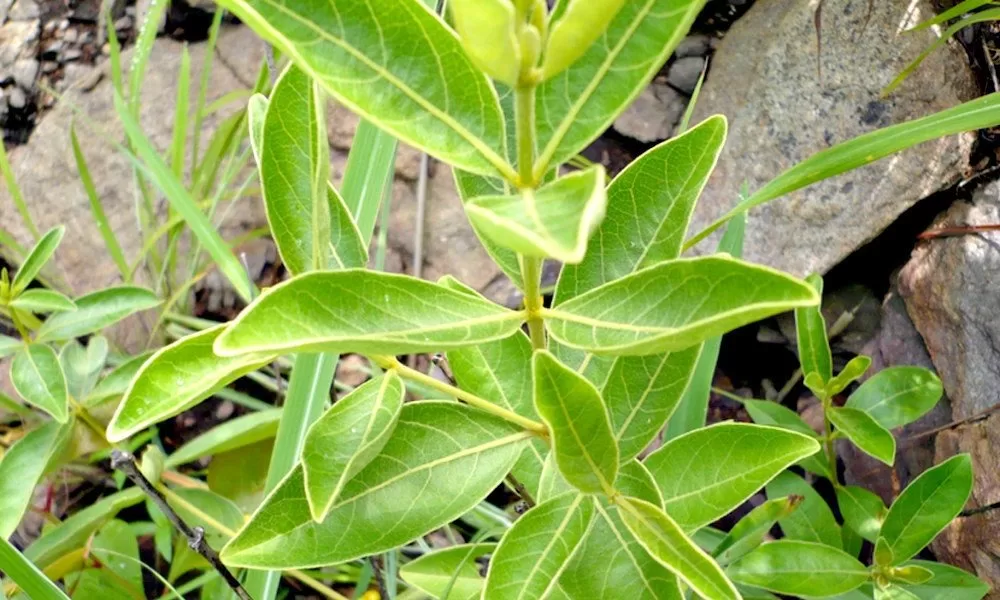
Most in demand testosterone-boosting products
Turkesterone supplements
Turkesterone, an ecdysteroid of natural origin, has been identified in the plant species Ajuga turkestanica. The compound in question is a steroid hormone that has shown anabolic effects in several animal tests. The use of Turkesterone pills is gaining traction among athletes and bodybuilders seeking a natural means of enhancing testosterone levels.
Tongkat ali supplements
Tongkat ali, a botanical species indigenous to Southeast Asia, has been used for several generations as a customary medicinal remedy. This botanical species is often referred to as Eurycoma longifolia or Malaysian ginseng. Tongkat ali is said to provide several health advantages, such as enhancing testosterone levels, augmenting libido, and mitigating stress. The use of Tongkat ali supplements is seeing a notable surge in popularity within the athletic and bodybuilding communities.
Conclusion
Fadogia Agrestis, a shrub native to West Africa, with a significant historical background in traditional use has recently garnered attention as a potentially efficacious natural medicine with possible implications for male health. Although the available scientific data is currently limited, continuous study indicates that Fadogia Agrestis may possess the potential to increase testosterone levels and improve sexual performance. The natural health and wellness business is seeing a growing demand for testosterone-boosting supplements, and Fadogia Agrestis is anticipated to assume a progressively prominent position in this domain.


